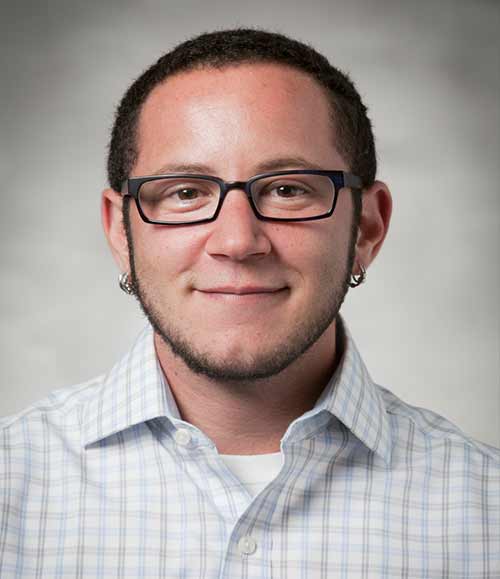Dr. stef shuster wins the Donald W. Light Award for Applied or Public Practice of Medical Sociology
August 2, 2021 - Karessa Weir
MSU Sociology Assistant Professor stef shuster's article "Performing Informed Consent in Transgender Medicine," published in Social Science & Medicine, has received the 2021 Donald W. Light Award for applied medical sociology from the American Sociological Association Medical Sociology section.
 The Donald W. Light Award for the Applied or Public Practice of Medical Sociology is given in alternate years to a book or journal article published in the preceding two years that employs the concepts and methods of medical sociology to an applied issue or problem of significance.
The Donald W. Light Award for the Applied or Public Practice of Medical Sociology is given in alternate years to a book or journal article published in the preceding two years that employs the concepts and methods of medical sociology to an applied issue or problem of significance.
From the Medical Sociology newsletter:
"Performing Informed Consent in Transgender Medicine" examines a significant problem in medical decision-making by showing how providers of transgender medicine bring bias into the clinical encounter. The article cogently reveals the ways physicians respond to an area of uncertainty in medicine, by invoking authority and discounting the legitimacy of their patients' claims. Dr. shuster carried out in-depth interviews with 23 physical and mental healthcare providers and observations at transgender-specific healthcare conferences between 2012 and 2015. Committee members had high praise for the author's nuanced exploration for the reproduction of social inequalities. As such, it represents an important contribution to understanding the development of medical practice in an emerging, contested area of care that has ethical dimensions and practical public policy implications. This work clearly "contributes to politically or ethically important challenges in health, health care or health care policy at the national or international level."
Dr. shuster is an assistant professor in Lyman Briggs College and the Department of Sociology. They earned their Ph.D. in Sociology from the University of Iowa, with a certificate in Gender Studies, and their B.A. in Sociology from Indiana University, Bloomington.
Their current research and teaching areas are united by an overarching interest in how evidence is a social artifact that is constituted through social, cultural, and historical contexts. Across their projects, shuster asks: who constructs evidence, how does evidence confer authority to individuals and groups, and how is it mobilized by social actors? These dimensions of evidence are a centralized feature of shuster’s scholarship in three domains including how: 1) medical providers negotiate evidence to make medical decisions within uncertain terrains; 2) social movement actors use evidence to make claims about social issues; and 3) language is used in interaction to regulate subjugated groups.
Dr. shuster currently serves on the editorial boards for the Journal of Health and Social Behavior and Gender & Society.

